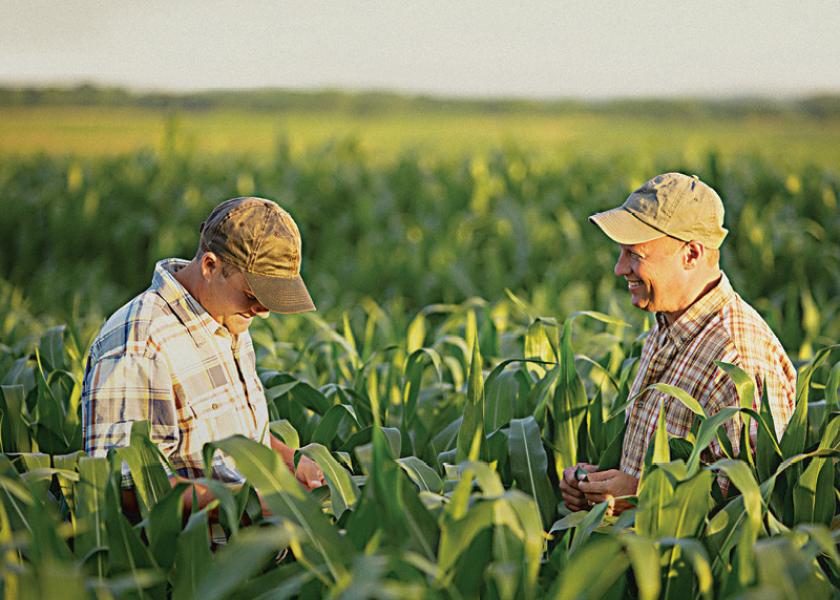Telling The Sustainability Story

No one understands the need for healthy soil and water — or the challenges created by climate change — better than farmers and the retailers who serve them. Their lives, livelihoods and legacies depend on effective stewardship of the land. As using sustainable practices becomes an even more essential part of farm business, BASF remains committed to helping the industry achieve its goals and to helping measure and communicate what is already being done.
“Farmers have been using sustainable farming for a long time,” says Ray Daniels, sustainability market development manager, BASF U.S. Agricultural Solutions. “There are opportunities for improvements and adaptations, but overall, farmers have been managing their operations very sustainably. The challenge in many cases is helping the farmer demonstrate that sustainability or tell that story.”
The retailers serving farmers also play a vital role in recommending sustainable practices and products and telling their own stories. “The retailer is the person the grower relies on for advice and direction, and so the retailer is right in the center of this,” says Daniels. “They’re already a critical partner in helping to make sustainability a reality and will continue to be as we move forward with new sustainability tools.” From earning carbon credits to enrolling in programs that reward climate-smart practices, farmers can benefit financially by communicating how they’re producing the yields that are feeding the world using more sustainable farming practices. BASF has created innovative technologies and programs that address key sustainability challenges and help farmers measure their results.
One way BASF helps growers tell their stories is through the e3® Sustainable Cotton Program. Growers using FiberMax® and Stoneville® cottonseed can enroll in the program to measure and demonstrate their sustainable practices, which can help to increase the value of their crop through traceability and transparency. “It helps farmers to have that visibility and information so they can create more value for their cotton,” Daniels says. “Retailers can help their farmers by recommending programs that deliver a benefit for them.”
BASF’s commitment to sustainability in agriculture also includes reducing CO2 emissions by 30% per ton of crop by 2030 in wheat, soy, rice, canola and corn as part of its Global Carbon Farming Program, launched in 2022. As part of that program, advanced crop protection technology, such as herbicides, helps farmers enable climate-smart ag practices.
For the retailers who recommend these programs and products, it solidifies their partnerships with customers and BASF’s commitment.
Sustainability efforts will continue to evolv.e as the agriculture industry learns new ways to adapt and develop new strategies. BASF will remain an innovator and a loyal partner throughout this journey. “We’ll continue being an advocate for the role that farmers play in the sustainability conversation,” says Daniels. “We’re making sure the voices of farmers and retailers are being captured and heard.”







